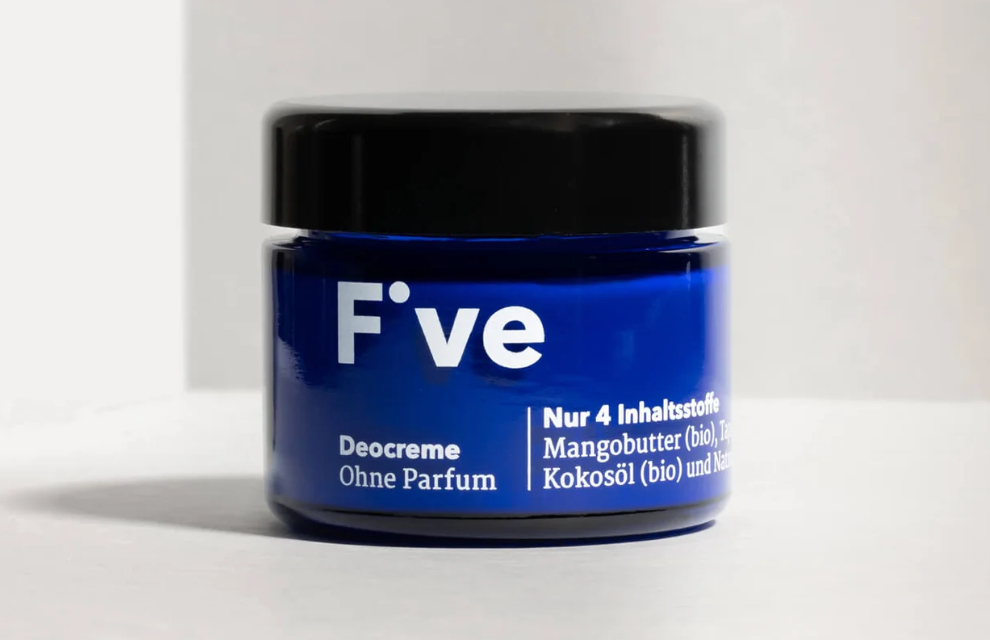Natural deodorants without aluminum and harmful chemicals are increasingly conquering bathrooms. These eco-friendly alternatives to conventional antiperspirants offer effective protection against body odor without compromising health. Certified organic deodorants contain only natural ingredients such as essential oils, baking soda, and plant waxes.
The benefits of organic deodorants at a glance
Organic deodorants completely avoid aluminum salts, parabens, silicones, and synthetic fragrances. Instead, natural ingredients like coconut oil have an antibacterial effect and neutralize odors in a gentle way. These skin-friendly deodorants are particularly suitable for people with sensitive skin and can be used daily without hesitation.
Natural deodorants do not regulate sweat production but rather allow for the skin's natural detoxification. This is healthier for the body as sweating is an important physiological process. At the same time, antimicrobial plant substances ensure that odor-causing bacteria cannot multiply.
Important ingredients in natural deodorants
Baking Soda (Sodium Bicarbonate)
Baking soda neutralizes acids and thus acts as an odor blocker. It is one of the most effective natural ingredients against body odor.
Coconut Oil
Coconut oil has antimicrobial properties and at the same time cares for the skin. It works against odor-forming bacteria and leaves a pleasant skin feeling.
Shea Butter
Shea butter moisturizes and soothes irritated skin. Especially after shaving, it works as an anti-inflammatory.
Essential oils
Lavender, tea tree, or lemongrass lend their scent to natural deodorants and enhance the antibacterial effect.
Cornstarch or arrowroot powder
These natural starches absorb moisture and provide a dry feeling under the arms.
Organic certification: Quality you can trust
Organic-certified deodorants are subject to strict controls and standards. Certification organizations like COSMOS, or guarantee that at least 95% of the ingredients come from controlled organic cultivation. These seals stand for sustainable production, fair working conditions, and the renunciation of animal testing.





























